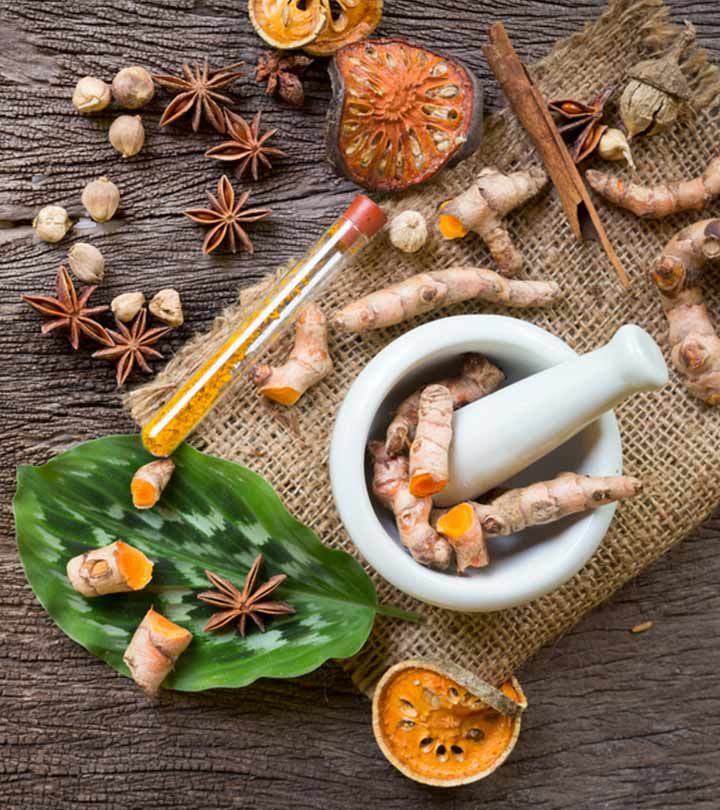
Can Hair Loss Be Reversed? Exploring Ayurveda’s Role and Scientific Support
Hair loss is a common concern for millions, impacting not just appearance but also self-esteem. While conventional treatments are often sought, many are looking for holistic, natural alternatives to stimulate hair growth. So, can hair loss truly be reversed? The answer is a cautious “yes.” With the right approach, particularly one rooted in the ancient science of Ayurveda, it’s possible to revive hair health naturally and sustainably.
Let’s dive into how Ayurvedic principles, backed by both tradition and scientific research, can make a real difference.
What Causes Hair Loss?
Hair loss has numerous causes, including:
- Hormonal Imbalances: Androgenetic alopecia (pattern baldness) and postpartum hair loss are often due to hormone fluctuations.
- Nutritional Deficiencies: A diet lacking essential vitamins and minerals, particularly iron, zinc, and protein, can contribute to hair thinning.
- Health Conditions: Chronic illnesses, autoimmune disorders, and thyroid issues also impact hair health.
- Stress and Lifestyle Factors: High-stress levels, poor sleep, and lifestyle factors are common accelerants for hair shedding.
Ayurveda addresses these issues by treating the root causes of hair loss, enhancing both inner and outer wellness to restore hair naturally.
Ayurvedic Science and Hair Loss: Supported by Research
Ayurveda takes a holistic approach, focusing on the balance of the body’s doshas (biological energies) and emphasizing natural remedies to promote hair health. Recent studies have begun validating Ayurvedic methods for hair care and hair regrowth, showing that specific herbs can effectively nourish the scalp, stimulate hair follicles, and create an ideal environment for new growth.
How Ayurveda Can Help Reverse Hair Loss
1. Nourishing Scalp Health with Ayurvedic Oils
One of Ayurveda’s core hair care practices is oiling the scalp with herbal oils like Bhringraj (Eclipta alba) and Amla (Phyllanthus emblica). Studies indicate that Bhringraj stimulates hair growth and improves hair density (Kumar et al., 2011). Regular scalp massages with such oils improve blood circulation and strengthen hair roots, reducing hair loss over time.
Our Revitalizing Hair Oil at Kaira Hair Care combines these time-tested ingredients, bringing noticeable improvements to customers struggling with hair thinning.
2. Intensive Conditioning with Ayurvedic Masks
Hair masks are another powerful Ayurvedic solution for hair loss. Ingredients like Hibiscus (Hibiscus rosa-sinensis) and Fenugreek (Trigonella foenum-graecum) have been shown to strengthen hair and increase its resilience (Patil et al., 2018). These ingredients, rich in vitamins and amino acids, provide intense hydration and fortification to each strand.
At Kaira Hair Care, our Intense Hydration Mask leverages these ingredients to deeply condition hair, making it a highly effective addition for those on a hair regrowth journey.
3. Enhancing Internal Health with Ayurvedic Herbs
Ayurveda emphasizes internal balance for sustainable hair growth. Herbs like Ashwagandha and Turmeric support stress reduction and healthy circulation, while nutrient-rich herbs can restore internal deficiencies. Research shows Ashwagandha may help reduce cortisol levels, thereby mitigating stress-induced hair loss (Chandrasekhar et al., 2012).
Our Balancing Powder contains these powerful herbs to support hair health from within, working as an excellent complement to topical treatments.
4. Lifestyle and Dietary Recommendations in Ayurveda
Research also supports Ayurvedic recommendations on diet and lifestyle for hair health. A balanced diet rich in vitamins A, C, E, zinc, and omega-3 fatty acids has been shown to improve hair health (Lopresti et al., 2018). Ayurveda also emphasizes stress management through yoga and meditation, shown to help lower cortisol and improve hair retention.
How Long Does Ayurvedic Hair Regrowth Take?
Reversing hair loss is a gradual process, especially with natural remedies. Many customers at Kaira Hair Care report seeing results within 3-6 months with consistent use of our products. Patience is key, as Ayurvedic solutions prioritize overall hair and scalp health, delivering sustainable, long-term benefits.
Why Choose Ayurvedic Hair Care?
While some might turn to Minoxidil or other synthetic treatments, many are concerned with potential side effects. Ayurveda, on the other hand, uses herbs that have been studied and used for centuries, offering a safer, more sustainable alternative for those with sensitive scalps or chronic hair issues.
Ayurvedic hair care provides not only a natural approach to hair loss but a journey to overall wellness, aligning with the body’s natural processes rather than masking symptoms. For many, this makes Ayurveda a fulfilling, life-enhancing choice.
Kaira Hair Care: Embracing Ayurveda for Hair Health
At Kaira Hair Care, we believe in the power of Ayurvedic ingredients, offering a range of products like the Growth Essential Bundle that includes revitalizing oils, nutrient-dense masks, and internal health support powders. Our customers have shared inspiring stories of transformation, using our Ayurvedic solutions to regain not only their hair but also their confidence.
Discover the difference Ayurveda can make in your life with Kaira Hair Care’s natural, research-backed products, designed to support a holistic approach to hair health.
References
- Kumar, N., Rungsa, P., & Pradatsundarasar, A. (2011). Efficacy of Eclipta alba in hair growth stimulation in albino rats. Journal of Ethnopharmacology, 134(2), 429-434.
- Patil, R. S., Jadhav, V. M., & Kadam, V. J. (2018). Traditional herbal remedies for various hair diseases. Journal of Pharmaceutical and Scientific Innovation, 7(1), 35-40.
- Chandrasekhar, K., Kapoor, J., & Anishetty, S. (2012). A prospective, randomized double-blind, placebo-controlled study of safety and efficacy of a high-concentration full-spectrum Ashwagandha root extract in reducing stress and anxiety in adults. Indian Journal of Psychological Medicine, 34(3), 255-262.
- Lopresti, A. L., & Hood, S. D. (2018). Inflammatory markers as predictors of response to mindfulness meditation in patients with depressive symptoms. Journal of Psychosomatic Research, 113, 54-60.
